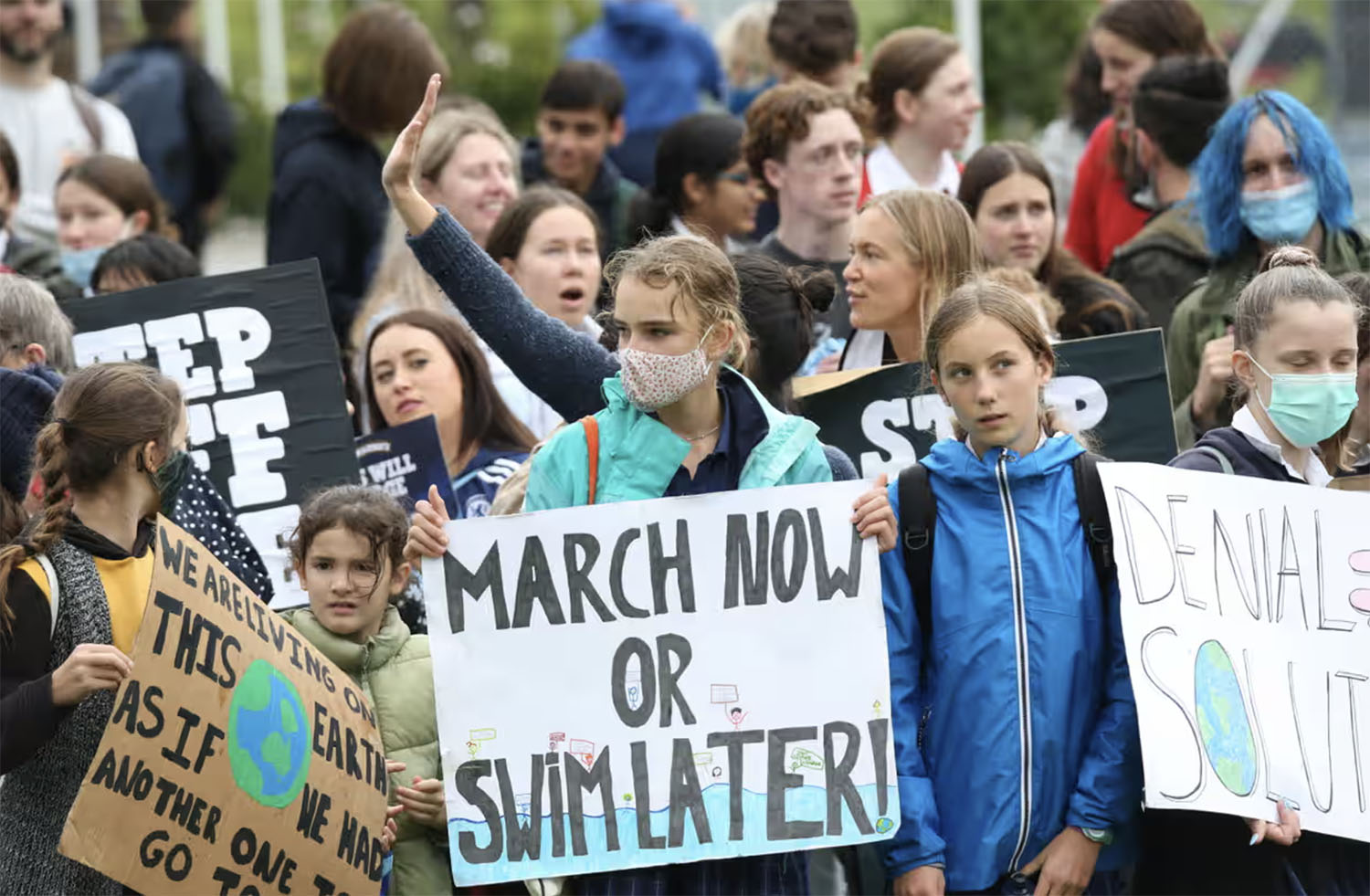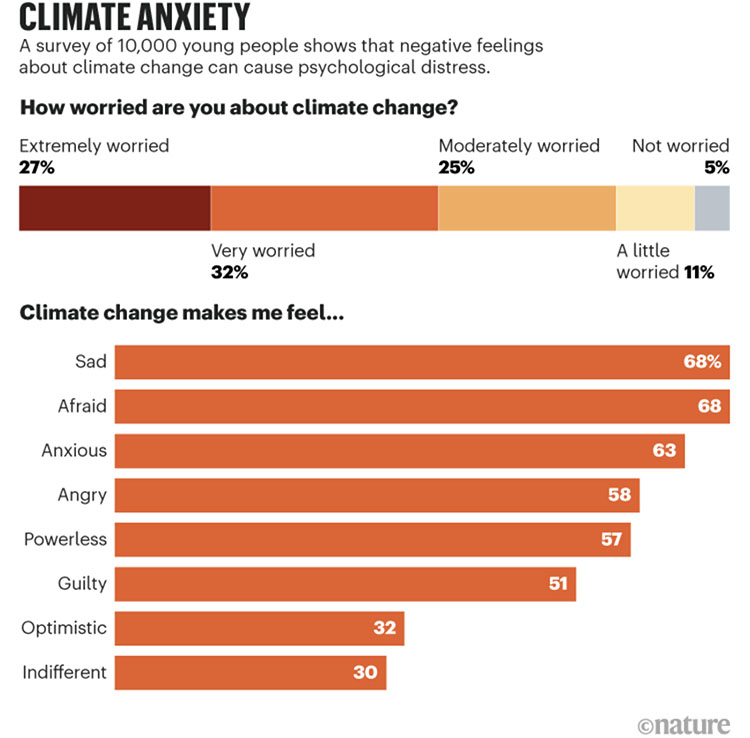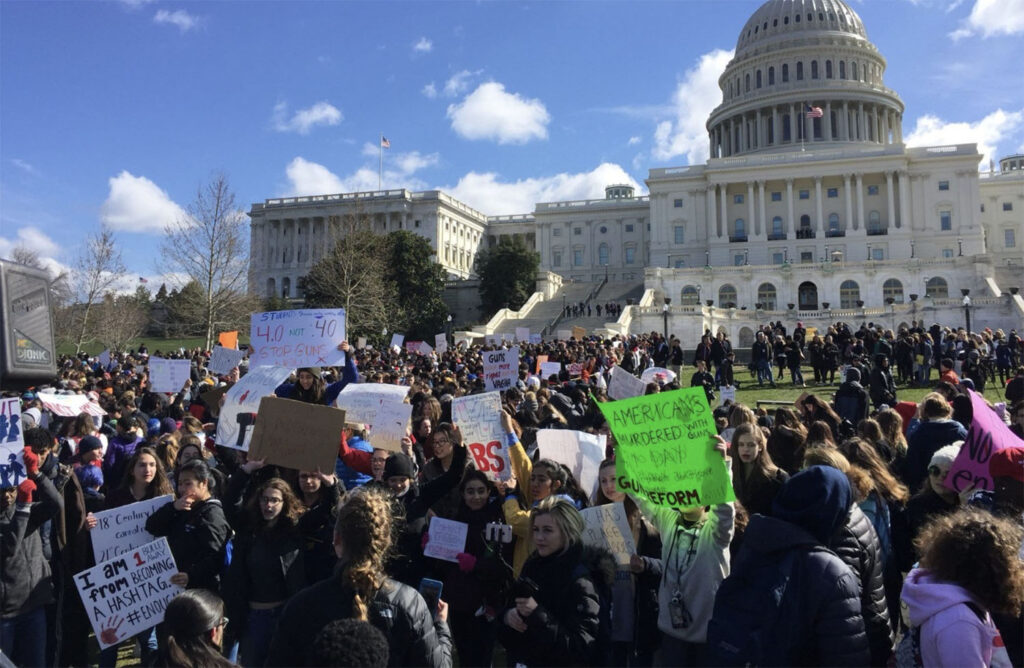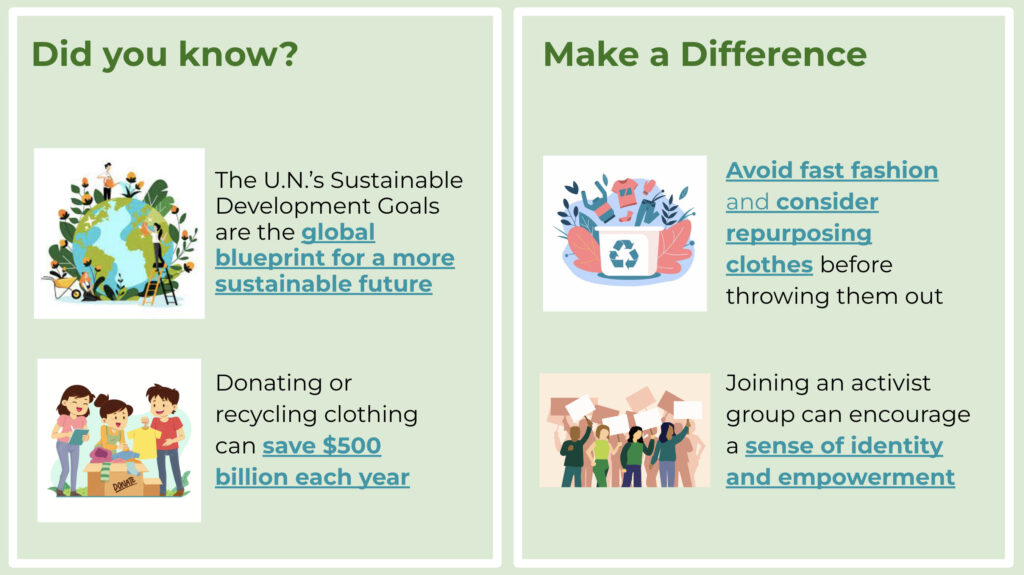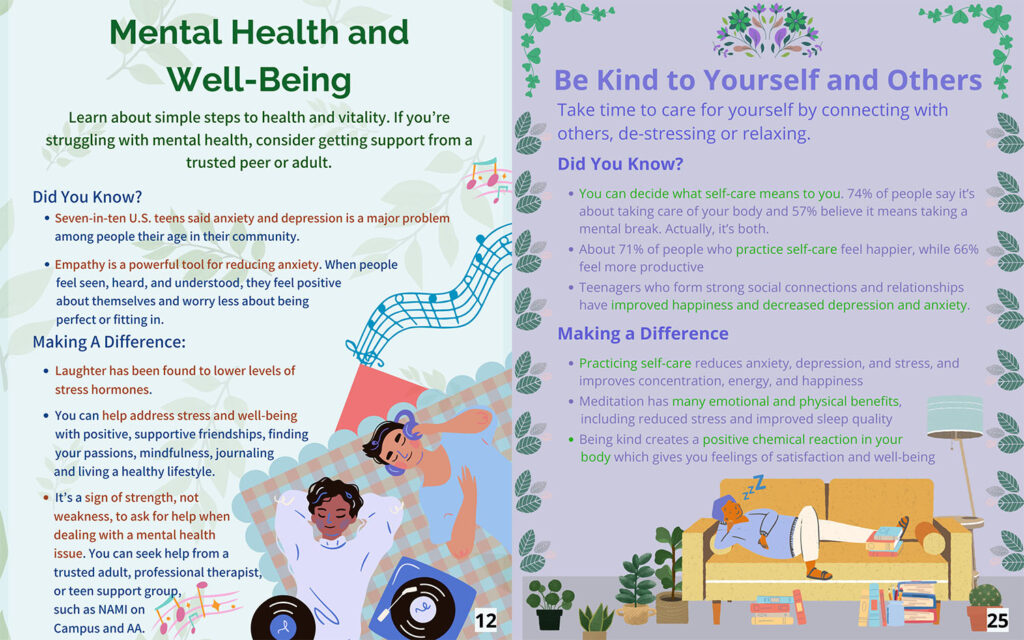Akepa Youth & School Program
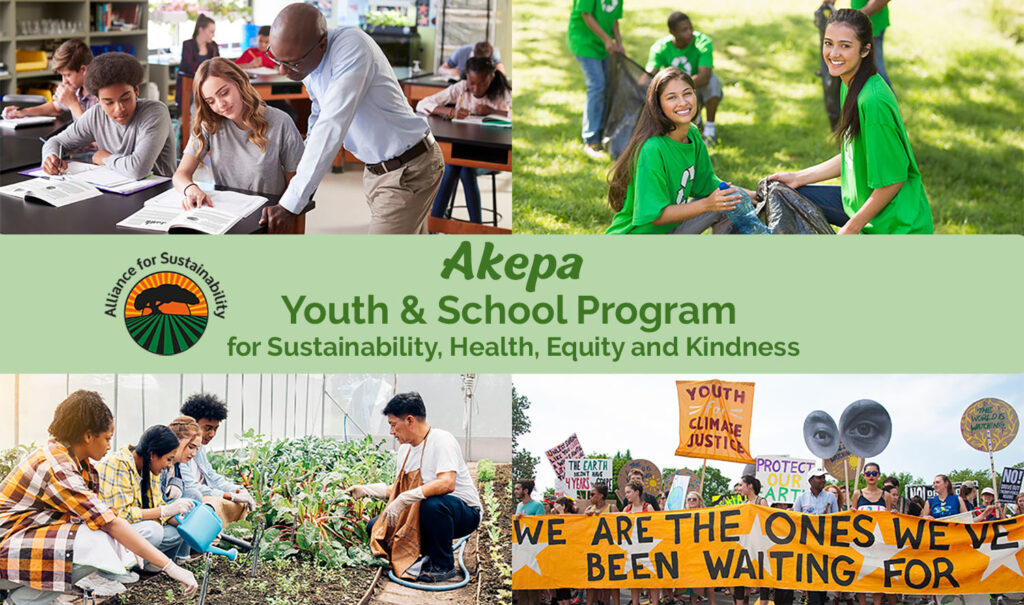
Our strategy is to provide informative, inspiring resources to motivate and engage middle and high school age students nationwide – half of which are in under-served communities — to shift their lifestyles, become leaders and make a difference in their schools, groups and communities.
We have created an entertaining, transformational Akepa Youth & School eBook and 40-minute in-person or virtual presentation with exciting opportunities for young people to take action. We are now seeking support to share them, while also completing the development of a new Akepa Youth & School website, e-Prizes, S.H.E. Kindness Creativity Prize, and a youth-run Students for Sustainability and Sustainability Team at each school or youth organization.Statement of Need
A landmark Lancet 2021 study of high school students found:
The CDC documented this in its large-scale 2021 study showing:
The Significance of Youth Civic Engagement
Researchers have consistently found that early civic engagement is mutually beneficial to young people and to the communities in which they participate. Early civic engagement is associated with positive health outcomes later in life. Voting, volunteering, and activism in young adulthood were related to improved mental health, greater educational attainment, and higher personal and household incomes.
According to Tufts University, “Youth activism has an extraordinary potential to transform communities, and it carries important benefits to those who participate—especially for low-income youth, youth of color, and other young people who have been historically marginalized from civic life.”
The American Academy of Pediatrics cites studies on the significant positive correlation between health and civic engagement by adolescent and early young adulthood (AYA):
The American Academy of Pediatrics also emphasized research findings that AYA engagement plays a critical role in youth development:
The Akepa Youth & School Program Provides Impactful Solutions
The Program addresses a wide range of challenges young people face by acknowledging what they’re experiencing and providing proven solutions and a sense of hope. It engages and empowers them to take personal, social, climate and environmental action to create the kind of world they seek. They learn positive, healthy and resilient ways of living while saving money and building connections and community.
The Program is a comprehensive youth leadership development, education, action and creativity effort informing, inspiring and engaging young people, educators, staff, administrators and parents to bring about civic engagement and sustainability, health, equity and kindness in their school, youth organization, home and community. Our goals are to:
The Alliance will present virtually or in-person to 5,000 young people in 20 middle and high schools and youth groups nationally, 10 of which will be in under-served communities in the next year. To increase the impact, we’ll focus on minimally resourced schools and areas.
The Program will offer its entertaining 40-minute presentation, eBook and website to engage students in choosing one or more Impactful Actions in each area of sustainability, health, equity and kindness. The actions are designed to improve well-being, save money, build connections and create a healthy home, school, organization and community. The young people will input and track their progress for one month with the goal of the actions becoming habits. They’ll receive e-Awards upon completion. They can also enter to win a S.H.E. Kindness Creativity Prize for their artistic expressions.
Our team will compile needed information to measure the impact and share it with the school or youth organization and have a celebration. A before and after survey will be conducted with the participants. A thorough third-party evaluation regarding engagement and impact will be performed.
The Alliance will support the creation of a youth-run group in each school or youth group, Students for Sustainability, to undertake projects like reducing energy, water and waste, planting trees, creating gardens, improving food service, and even shifting school district and city policies. In addition, the Alliance will help form a Sustainability Team, composed of the administration, educators, staff, students and parents, to address the organization’s operations and create opportunities for service learning and mentorship with businesses, government and nonprofits.
Years Two and Three
In the following two years the Program will:
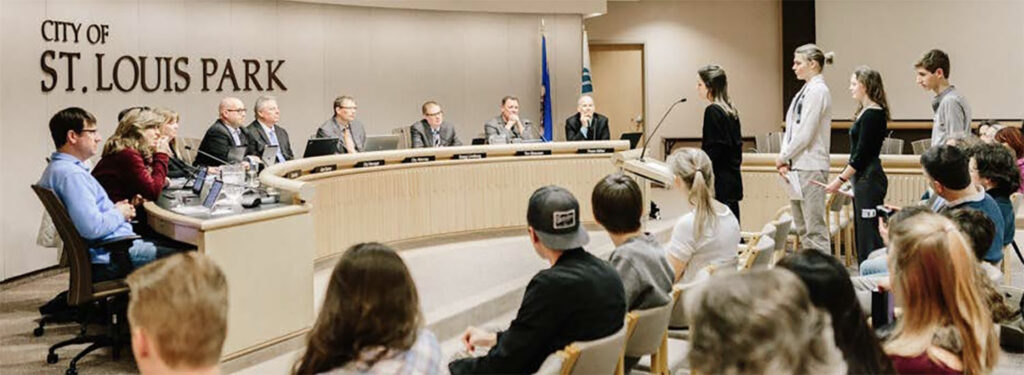
Unique Aspects of the Akepa Youth & School Program
The Program is distinctive with its broad, inclusive and whole young person design, integration of sustainability, health, equity and kindness, development of diverse college students as leaders and presenters, emphasis on creative expression and focus on schools and youth groups that haven’t had access to such programming. Perhaps most important, it is a high-impact, low-cost model that can be replicated and scaled nationally to achieve the fundamental shifts needed in our country.
The Program’s impact will be more than doubled from the benefit of reaching young people, as well as their parents and family members. It encourages their engagement and expands on the significant role schools and youth groups play in shaping the behaviors and worldview of young people and their families.
A Proven Track Record of Success
The Youth & School Program builds on our years of experience successfully providing thousands of sustainability education presentations and developing and implementing action plans with numerous schools, colleges, businesses, cities, government agencies and congregations. (See testimonials from our educational presentations in schools nationally.)
The Alliance also has extensive experience working with youth in middle and high school as a co-founder of YEA MN! (Youth Environmental Activists), which has become Climate Generation. In addition, the Alliance is consulting with leading experts and continually incorporates the best practices of various school programs, including nationally renowned education leader Cloud Institute for Sustainability Education.

